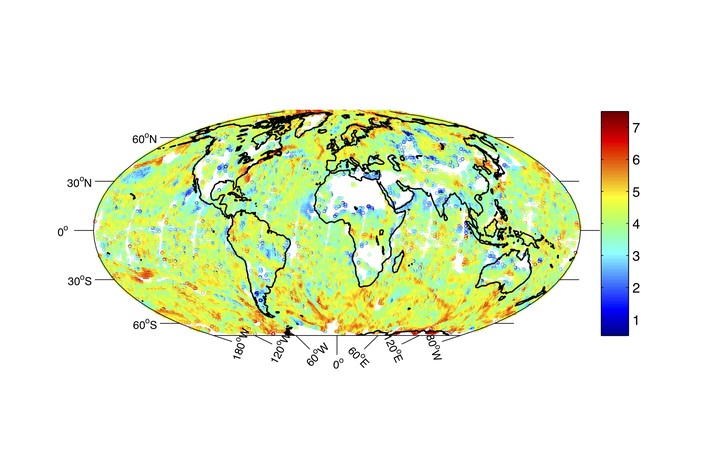A flexible class of reduced rank spatial models for large non-Gaussian datasets

Abstract
In environmental studies, the datasets exhibiting non-Gaussian properties, such as heavier or lighter tails and multimodality, are very common. The research on dealing with such datasets in reduced rank perspectives is very limited. In this chapter, a flexible class of Bayesian reduced rank spatial model is developed that can handle non-Gaussian properties adequately. The spatial model provides the flexibility to deal with such properties through scale mixtures of Gaussian distributions and a two-level marginally noninformative inverse-Wishart prior. A general framework for posterior summaries based on Markov Chain Central Limit Theorem (MCCLT) has been developed and conditions of MCCLT on ergodic averages are theoretically verified. The Monte Carlo standard errors based on MCCLT are computed using batch-mean method. The performance of the proposed model and method are assessed using several simulated datasets and a dataset on daily maximum of total column ozone obtained from National Aeronautic and Space Administration Terra satellite.